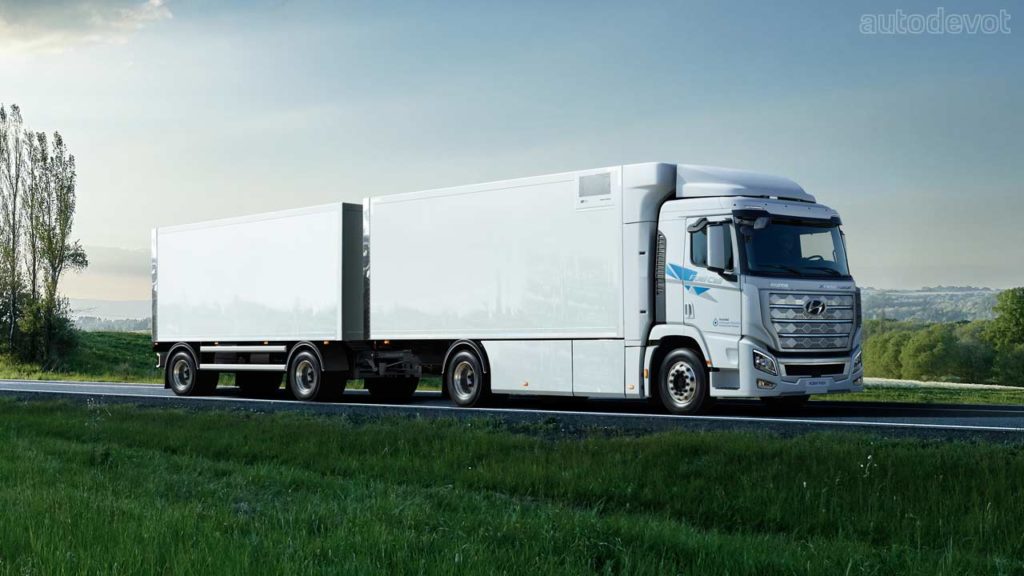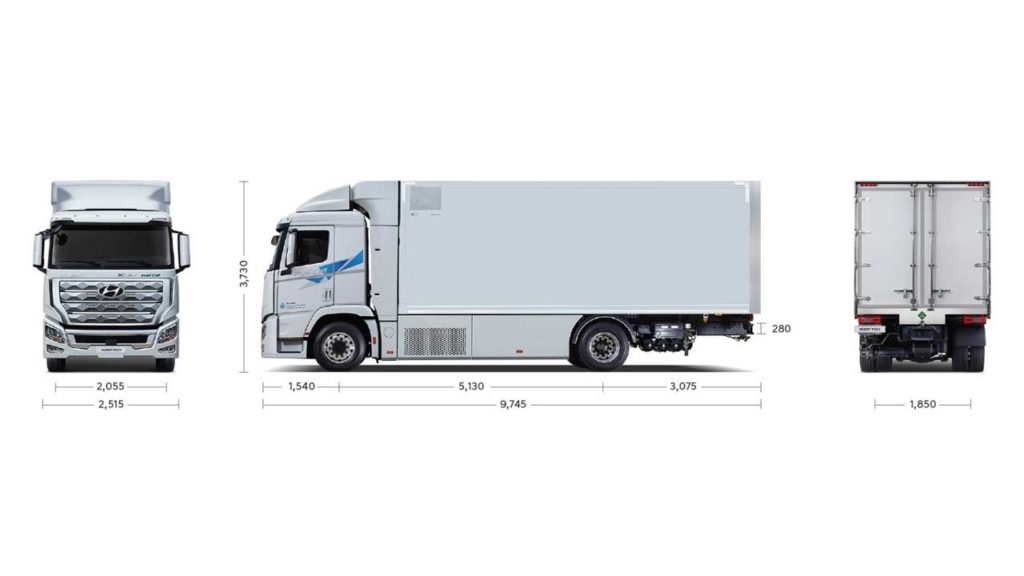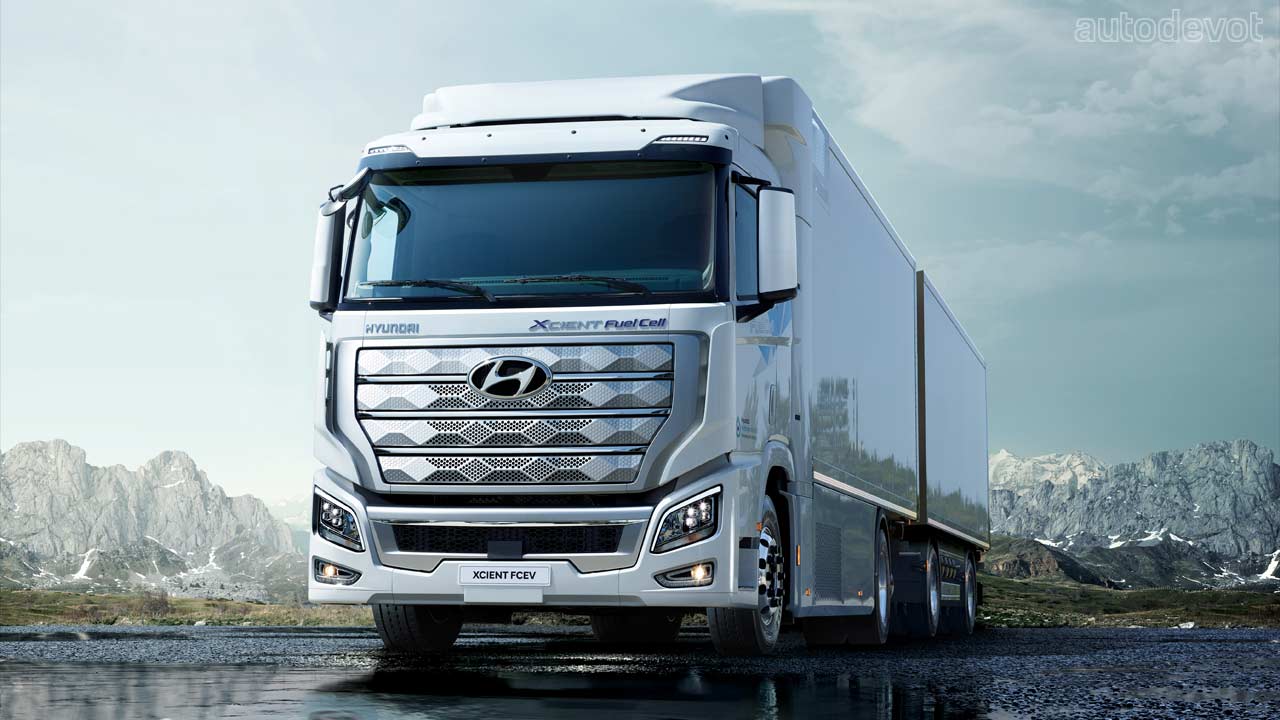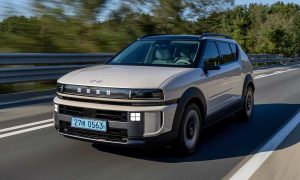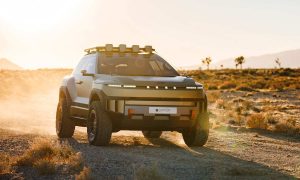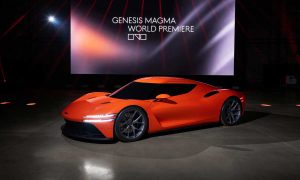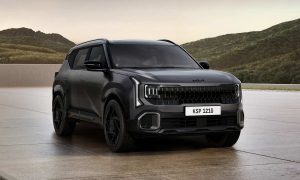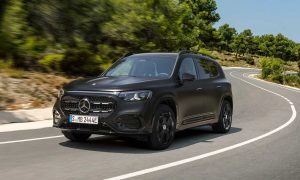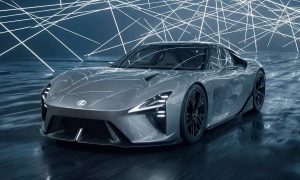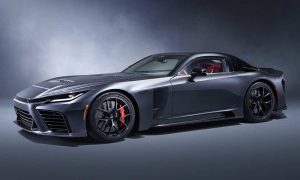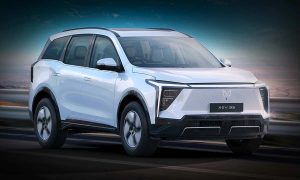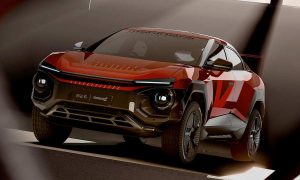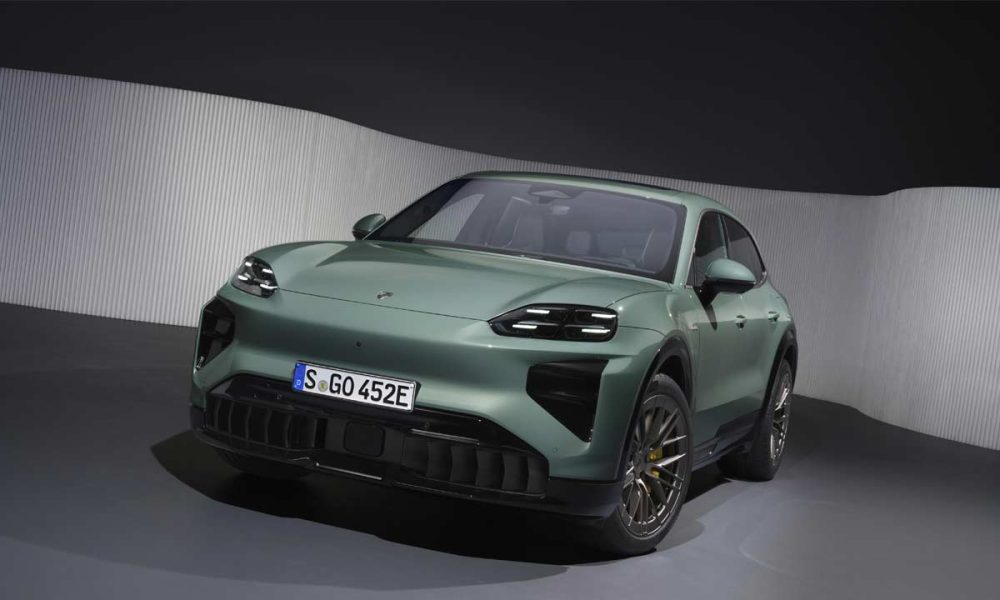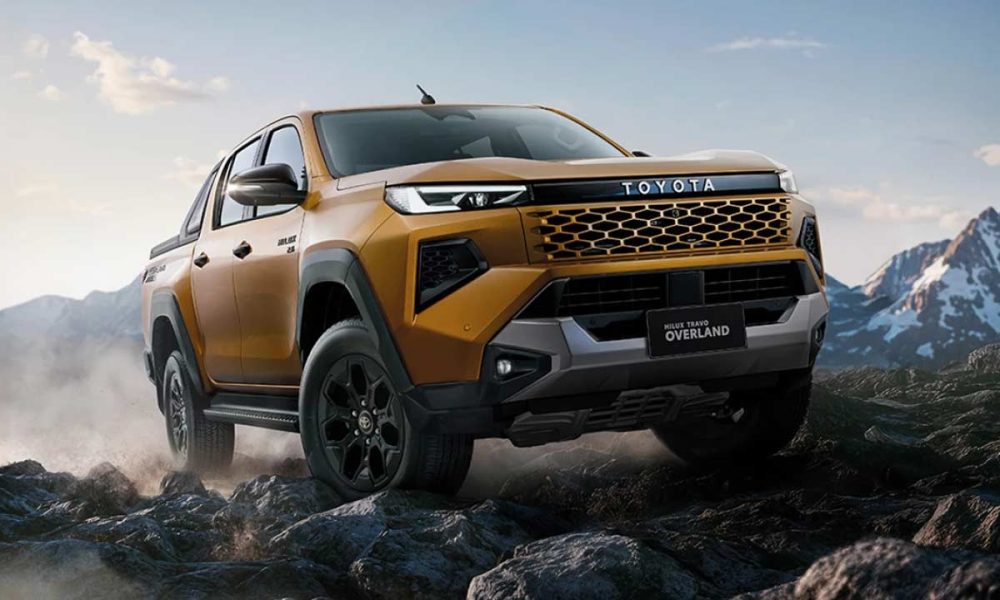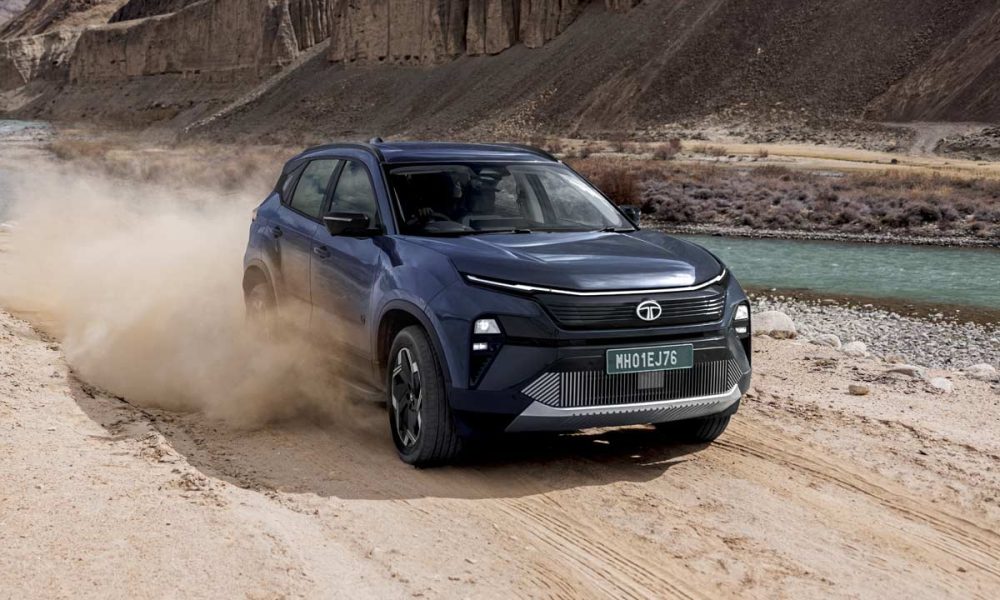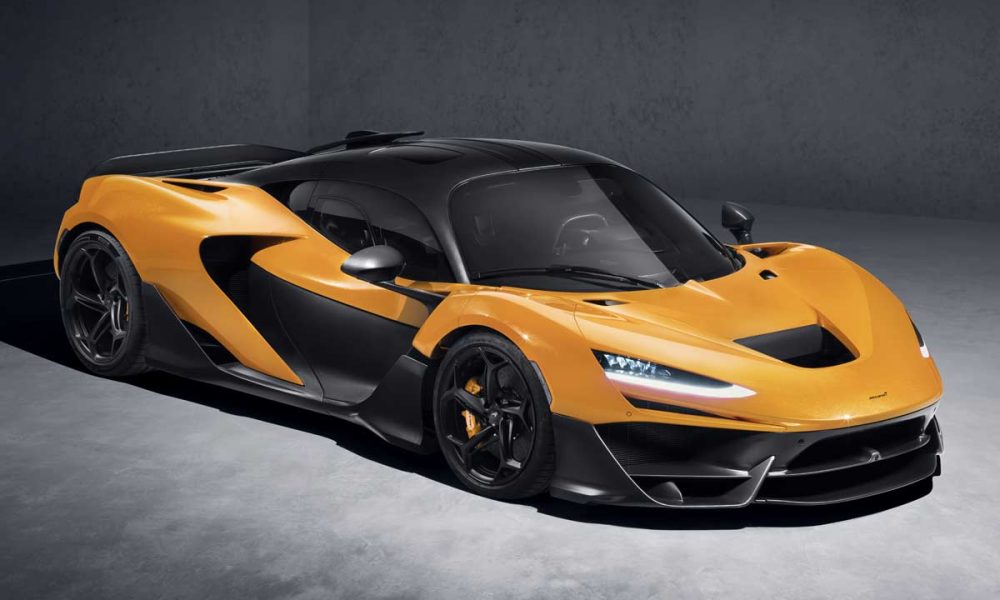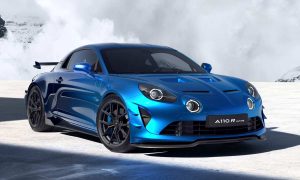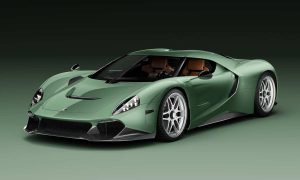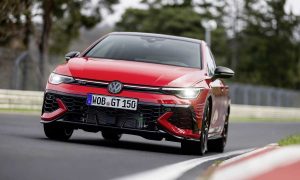Hyundai has shipped the first 10 units of Xcient Fuel Cell heavy-duty truck to Switzerland. The company plans to ship a total of 50 Xcient trucks to Switzerland this year, with handover to commercial fleet customers starting in September.
Xcient is powered by a 190 kW hydrogen fuel cell system with dual 95 kW fuel cell stacks. 7 large hydrogen tanks offer a combined storage capacity of around 32.09 kg (71 lbs) of hydrogen. The driving range is claimed to be about 400 km (248 mi), which Hyundai says good enough considering the requirements from the potential commercial fleet customers and the charging infrastructure in Switzerland. Refueling time for each truck takes approximately 8-20 minutes.
Click on the photos to expand
The motor comes from Siemens, developing 350 kW (476 hp) and 3,400 Nm (2,508 lb-ft) of torque, drawing juice from a 73.2 kWh battery pack from Akasol. Transmission is a 6-speed automatic from Allison. The truck can do a top speed of about 85 km/h (53 mph).
The truck also features safety and driver assistance systems including Front Collision-avoidance Assist (FCA), Lane Departure Warning, and Smart Cruise Control.
Hyundai said that the company is also developing a long-distance tractor unit capable of traveling 1,000 km (621 mi) on a single charge equipped with an enhanced fuel cell system and more power, aimed at global markets including North America and Europe.
Hyundai chose Switzerland as the starting point for its new venture for a couple of reasons. One of which is the Swiss LSVA road tax on commercial vehicles, which does not apply for zero-emission trucks. That nearly equalizes the hauling costs per km of the fuel cell truck to a regular diesel truck, the company said.
By 2025, the company aims to sell 670,000 electric vehicles annually, including 110,000 FCEVs. As part of the ‘Fuel Cell Vision 2030’ plan, Hyundai aims to secure a 700,000-unit-a-year capacity of fuel cell systems for automobiles as well as vessels, rail cars, drones and power generators by 2030.

Leave a Reply
Note: Comments that are unrelated to the post above get automatically filtered into the trash bin.
